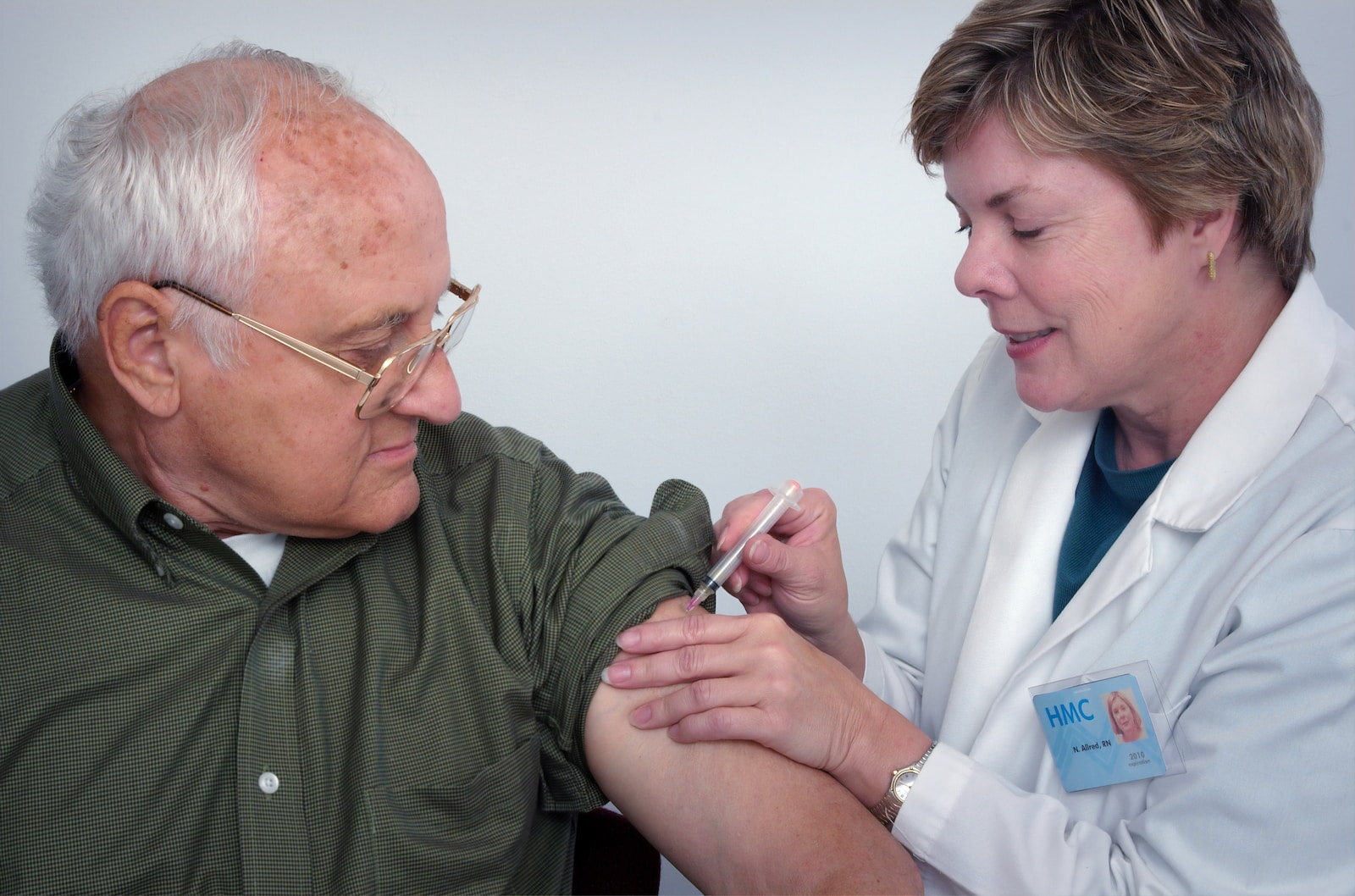Ethical investments in elderly health and well-being have gained significant traction in recent years. As the global population continues to age, there is a growing need for innovative and sustainable solutions to support the health and well-being of the elderly. In this article, we will explore some success stories of ethical investments in elderly health and well-being, highlighting the positive impact these initiatives have had on seniors’ lives.
Case Study 1: Age-Friendly Communities Initiative
The Age-Friendly Communities initiative, launched by the World Health Organization (WHO), is a prime example of an ethical investment in elderly health and well-being. The initiative aims to create inclusive and accessible communities that promote active aging and enhance the quality of life for older adults.
Through this initiative, cities and communities worldwide commit to implementing age-friendly policies and programs. Some successful examples include:
Barcelona, Spain
Barcelona has implemented various measures to support the well-being of its elderly population. The city has improved accessibility by redesigning public spaces and transportation systems to cater to the needs of older adults. Additionally, Barcelona has focused on promoting social inclusion by organizing intergenerational activities and providing opportunities for seniors to engage in community life.
New York City, USA
New York City has taken significant steps to become more age-friendly. The city has invested in creating age-friendly housing options and improving accessibility in public spaces. New York City has also established community centers that offer a wide range of services and activities for older adults, fostering social connections and promoting active lifestyles.
These examples demonstrate the positive impact of ethical investments in creating age-friendly communities. By prioritizing the needs of older adults, these initiatives have improved the overall well-being and quality of life for seniors.

Case Study 2: Technology Solutions for Aging in Place
Another area where ethical investments have made a significant impact is in technology solutions for aging in place. Aging in place refers to the ability of older adults to live independently and comfortably in their own homes for as long as possible. Here are a couple of success stories:
Remote Health Monitoring
Investments in remote health monitoring technology have allowed older adults to receive healthcare services and support from the comfort of their homes. These technologies, such as wearable devices and remote monitoring systems, enable healthcare professionals to remotely monitor vital signs, detect potential health issues, and provide timely interventions. This not only improves the quality of care but also reduces the need for hospital visits, enhancing the independence and well-being of older adults.
Smart Home Technology
Smart home technology, including voice-activated devices, sensors, and automated systems, has revolutionized aging in place. These technologies can assist older adults with daily activities, such as medication reminders, fall detection, and home security. Smart home technology promotes safety, independence, and peace of mind for seniors, allowing them to maintain their autonomy and age comfortably in their own homes.
Investments in technology solutions for aging in place have empowered older adults to live independently, maintain their dignity, and enjoy a higher quality of life.
Case Study 3: Social Impact Investing in Elderly Care Facilities
Social impact investing, which focuses on generating positive social and environmental impact alongside financial returns, has also played a significant role in improving elderly health and well-being. One notable example is the investment in ethical elderly care facilities.
Green House Project
The Green House Project is a model of small-scale, home-like elderly care facilities that prioritize resident-centered care and a high staff-to-resident ratio. These facilities provide a more personalized and intimate environment for older adults, fostering a sense of community and well-being. Social impact investors have recognized the value of such facilities and have invested in their development and expansion, ensuring that older adults have access to dignified and person-centered care.
Intergenerational Housing
Investments in intergenerational housing, where elderly individuals live alongside younger generations, have also gained traction. These housing models promote social connections and mutual support between generations, benefiting both older adults and younger residents. Social impact investors have recognized the potential of intergenerational housing in reducing ageism, promoting social integration, and enhancing the well-being of older adults.
These examples demonstrate how ethical investments in elderly care facilities can transform the aging experience, providing older adults with dignified care, social connections, and a sense of purpose.
Conclusion
Ethical investments in elderly health and well-being have proven to be successful in improving the lives of older adults. Whether through age-friendly community initiatives, technology solutions for aging in place, or social impact investing in elderly care facilities, these investments have prioritized the needs and well-being of older adults. By continuing to invest in ethical solutions, we can create a society that values and supports the health and well-being of our elderly population, ensuring that they can age with dignity, independence, and the highest possible quality of life.

































